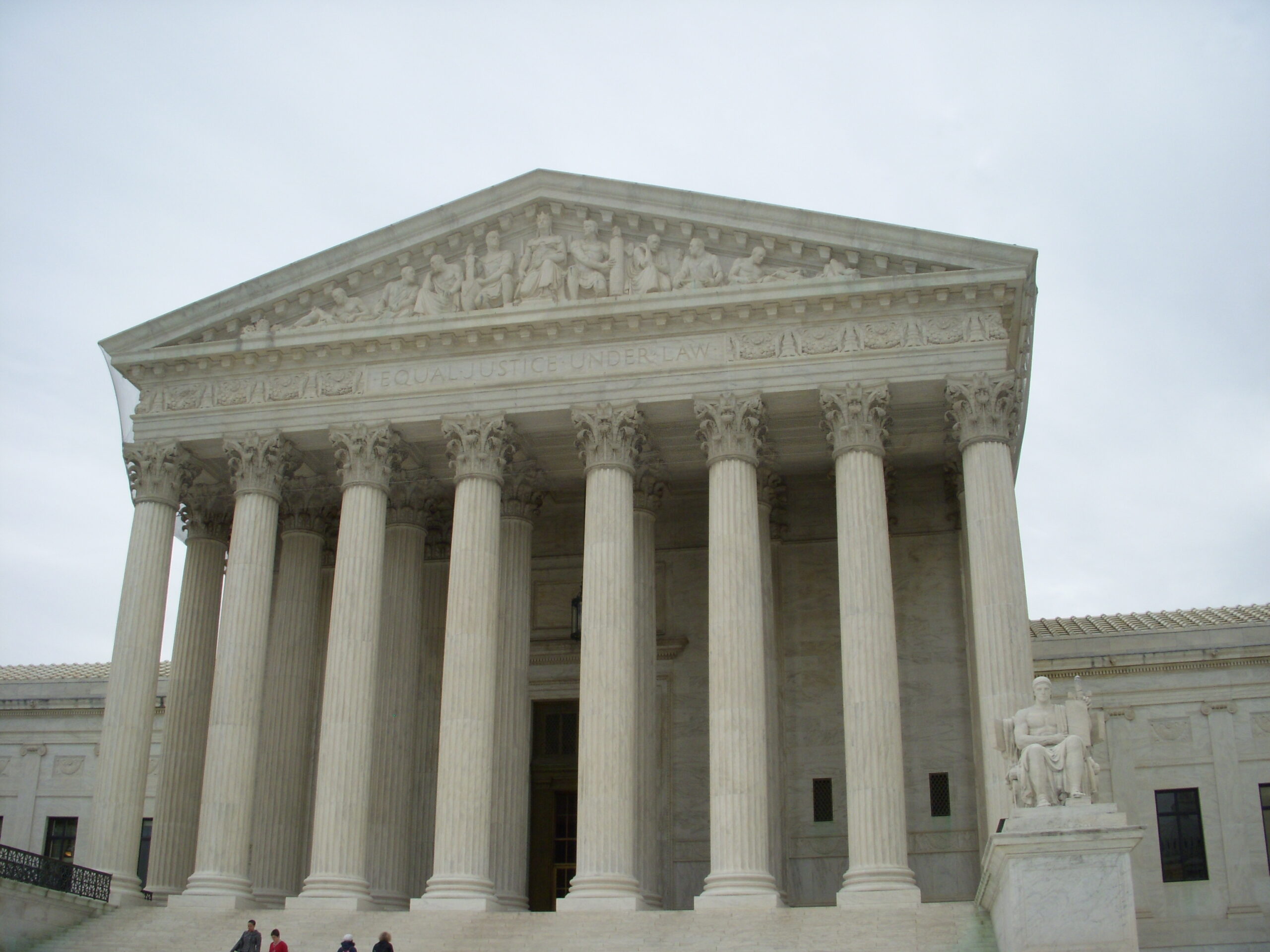Executive
In Murthy Ruling, SCOTUS Leaves Room for Congress, President to Protect Free Speech
After Murthy v. Missouri, Congress and the White House can act on Internet censorship – if Republicans gain control of both branches.

With the country reeling after the failed assassination attempt of Donald Trump and the revelation that Joe Biden will not be seeking reelection in November, a lot of important news has been lost in the media frenzy. For example, did anyone notice that the U.S. Government got away with jawboning—or, exerting media narrative pressure on—social media companies? The issue isn’t likely to get a lot of attention in the coming weeks, but that’s a shame because freedom of speech is essential to who we are as Americans.
The Murthy case and the question of standing
Last month, the Supreme Court issued its highly anticipated ruling in Murthy v. Missouri, the case formerly known as Missouri v. Biden. In Murthy, Missouri Attorney General Eric Schmitt argued that the federal government violated the First Amendment right of numerous individual plaintiffs when it pressured social media companies to remove content that contained alleged misinformation. To the disappointment of many conservatives, the Court ruled 6-3 in favor of the government, striking down an earlier injunction prohibiting such pressure issued by a Louisiana District Court.
It’s important to note that the Court ruled not on Constitutional grounds but on an issue of standing. The Justices found that Schmitt and the plaintiffs could not prove direct harm as grounds to sue. In other words, the government won on a technicality — there wasn’t enough evidence to demonstrate that government pressure on social media companies impacted the affected users in a material and significant manner.
Should Republicans gain control of the Presidency and Congress in November, they should take another route to reaffirming the right to free speech: legislation and executive action over agency abuse.
Congressional oversight and lawmaking authority
The Constitution gives Congress oversight and lawmaking authority. Last year, the House of Representatives used its oversight authority in hearings over the Twitter Files. These files revealed a history of agencies such as the FBI pressuring platforms like Facebook and Twitter into removing posts on topics such as COVID-19, Hunter Biden’s laptop and other politically sensitive stories. Congressional hearings along with the journalism that uncovered this story revealed this gross violation of freedom of speech, which resulted in the censoring of private citizens at the request of the federal government.
While oversight is an important function of Congress that can bring public attention to government malfeasance, lawmakers should also make use of another important function: legislation. In declining to decide Murthy on constitutional grounds, the Supreme Court held open a door for Congress to address the issue itself through carefully crafted legislation prohibiting agencies from pressuring private entities into removing or otherwise abridging protected free speech.
One could argue that such a law would interfere with the executive branch’s duty to enforce the law. For example, Kat Duffy at the Council on Foreign Relations argues that concern over election integrity and AI-generated “deep fakes” requires government censorship of misinformation. This reasonable fear ignores a more fundamental concern: civil rights. All members of the government swear an oath to defend and uphold the Constitution. Therefore, Congress has not only a right but a duty to defend free speech.
Congress must act
This is not the first time that the issue of censorship via coercion appeared before the Court. In Bantam Books v. Sullivan (1963), for example, the Court ruled that government agencies could not intimidate private citizens into censoring the speech of other citizens. In other words, separation of powers does not grant any executive agency the power to violate the constitutionally protected right to free speech.
If Congress doesn’t act on the question of government censorship, it will greenlight any future attempts at censorship of this kind. While the Court did not rule on the question of constitutionality in Murthy, the ruling can be interpreted as tacit approval of this form of censorship. The Supreme Court is a vital entity in defending the Constitution, but it is not the only defense against violations of our rights. All branches are called to uphold and defend the Constitution. If the executive branch tries to violate the Constitution, Congress must offer protection against these violations.
Murthy gives Congress and the President an opportunity
Congress is not the only branch with a course of action on this issue. The President can also take action to reaffirm the First Amendment right to free speech. Seeing as his administration is the defendant in this case, it’s unlikely President Biden and the Democrat-controlled Senate would pursue legislation to remedy this blow to the First Amendment. But if President Trump wins reelection, he should exercise his constitutional mandate to hold these agencies accountable. This could come in the form of dismissals, investigations, executive orders and Presidential memos to guide agency policy.
The outcome in Murthy v. Missouri is no doubt disappointing for many conservatives, but this outcome provides a tremendous opportunity for Congress and the President to reaffirm the core American value of Freedom of Speech. Through legislation protecting against censorship and through executive reform of agencies, the next President and Congress can protect Americans’ right to free speech.
This article was originally published by RealClearPublicAffairs and made available via RealClearWire.
Matt Cookson works in the supply chain for a US Defense Contractor. His commentary has appeared in Providence Magazine, China Source, and with the Idaho Freedom Foundation.
-

 Accountability3 days ago
Accountability3 days agoWaste of the Day: Principal Bought Lobster with School Funds
-

 Civilization6 hours ago
Civilization6 hours agoWhy Europe Shouldn’t Be Upset at Trump’s Venezuelan Actions
-

 Constitution2 days ago
Constitution2 days agoTrump, Canada, and the Constitutional Problem Beneath the Bridge
-

 Executive1 day ago
Executive1 day agoHow Relaxed COVID-Era Rules Fueled Minnesota’s Biggest Scam
-

 Civilization1 day ago
Civilization1 day agoThe End of Purple States and Competitive Districts
-

 Christianity Today5 hours ago
Christianity Today5 hours agoSurprising Revival: Gen Z Men & Highly Educated Lead Return to Religion
-

 Civilization5 days ago
Civilization5 days agoThe devil is in the details
-

 Executive18 hours ago
Executive18 hours agoWaste of the Day: Can You Hear Me Now?








